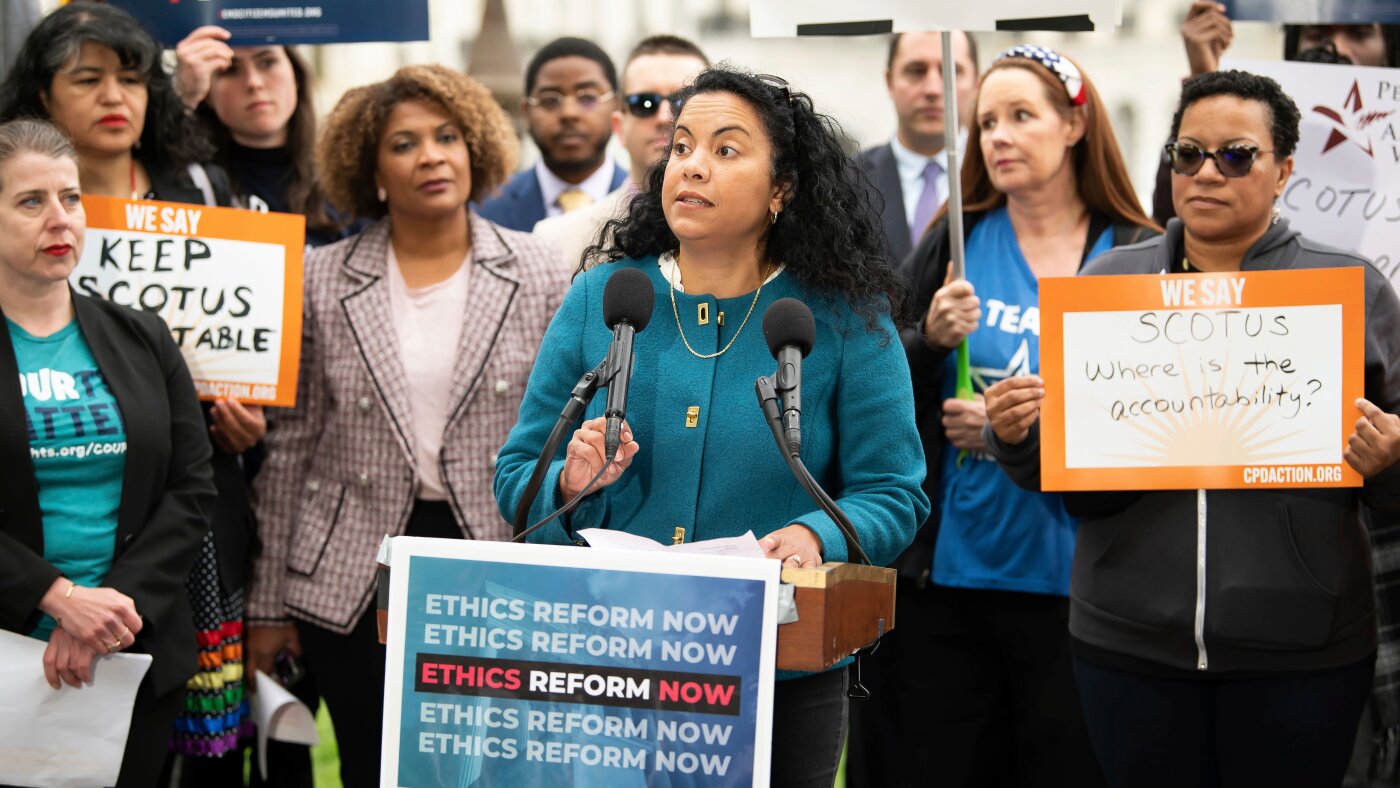The US Federal Reserve needs to take a gradual approach to lowering borrowing costs, one of its top officials has said, as the world’s leading central bankers prepare to gather at an annual meeting in Wyoming this week.
Mary Daly, president of the San Francisco Fed, told the Financial Times that recent economic data have given her “more confidence” that inflation is under control. It is time to consider adjusting borrowing costs from their current range of 5.25 per cent to 5.5 per cent, she said.
Her call for a “prudent” approach pushed back on economists’ concerns that the world’s largest economy is heading for a sharp slowdown that warrants rapid cuts in interest rates.
The speed with which US rates will ease from their 23-year high will be a central question on the lips of policymakers when they gather later this week at the Kansas City Fed’s annual retreat in Jackson Hole, Wyoming.
Fed chair Jay Powell’s speech there on Friday will be closely scrutinised by investors keen to hear how he plans to pull off a soft landing, completing the fight against inflation without crashing the economy.
Daly, who votes on the Federal Open Market Committee, played down the need for a dramatic response to signs of a weakening labour market, saying the US economy was showing little evidence of heading for a deep downturn. The economy was “not in an urgent place”, she said.
“Gradualism is not weak, it’s not slow, it’s not behind, it’s just prudent,” she said, adding the that labour market — while slowing — was “not weak”.
Investors are betting on a rate cut at next month’s Fed meeting, in what would be the first drop in interest rates in four years. Markets are pricing in about a 70 per cent chance of a quarter-point cut, while a minority of investors expect a half-point move.
Markets expect US interest rates to end 2024 a full percentage point below their current level, implying one extra-large cut in the final three meetings of the year.
The Bank of England, European Central Bank and Bank of Canada have already lowered borrowing costs, but relatively high US inflation readings at the start of this year forced the Fed to wait.
Consumer price figures last week showed inflation fell to 2.9 per cent in the year to July, a three-year low. The Fed’s preferred gauge of underlying price pressures, the price index on core personal consumption expenditures, rose at an annual rate of 2.6 per cent in June. Headline PCE inflation, on which the 2 per cent target is based, was 2.5 per cent in June.
“After the first quarter of this year, inflation has just been making gradual progress towards 2 per cent,” Daly said, speaking on Thursday. “We are not there yet, but it’s clearly giving me more confidence that we are on our way to price stability.”
With inflation in retreat and the labour market coming into better balance, the central bank has to “adjust the policy rate to fit the economy we have and the one we expect to have”.
Daly said the Fed wanted to loosen the “restrictiveness” of its policy, while still maintaining some restraint to “fully get the job done” on inflation.
The Fed did not “want to overtighten into a slowing economy”, she said. She later added that failing to adapt policy to progress on inflation and lower growth was a “recipe for getting the result we don’t want, which is price stability and an unstable and faltering labour market”.
Her remarks chime with those of Atlanta Fed president Raphael Bostic, who recently told the FT that waiting too long to lower interest rates “does bring risk”.
July’s weak jobs report raised concerns over the health of the US economy and helped trigger a global sell-off in equities that sparked calls for emergency rate cuts. But this week’s surprisingly strong retail sales report tempered fears of a US recession.
Daly said businesses were generally not resorting to lay-offs. Instead they were cutting discretionary spending to adapt to what was no longer a “frothy world” of “unbridled growth”.



































